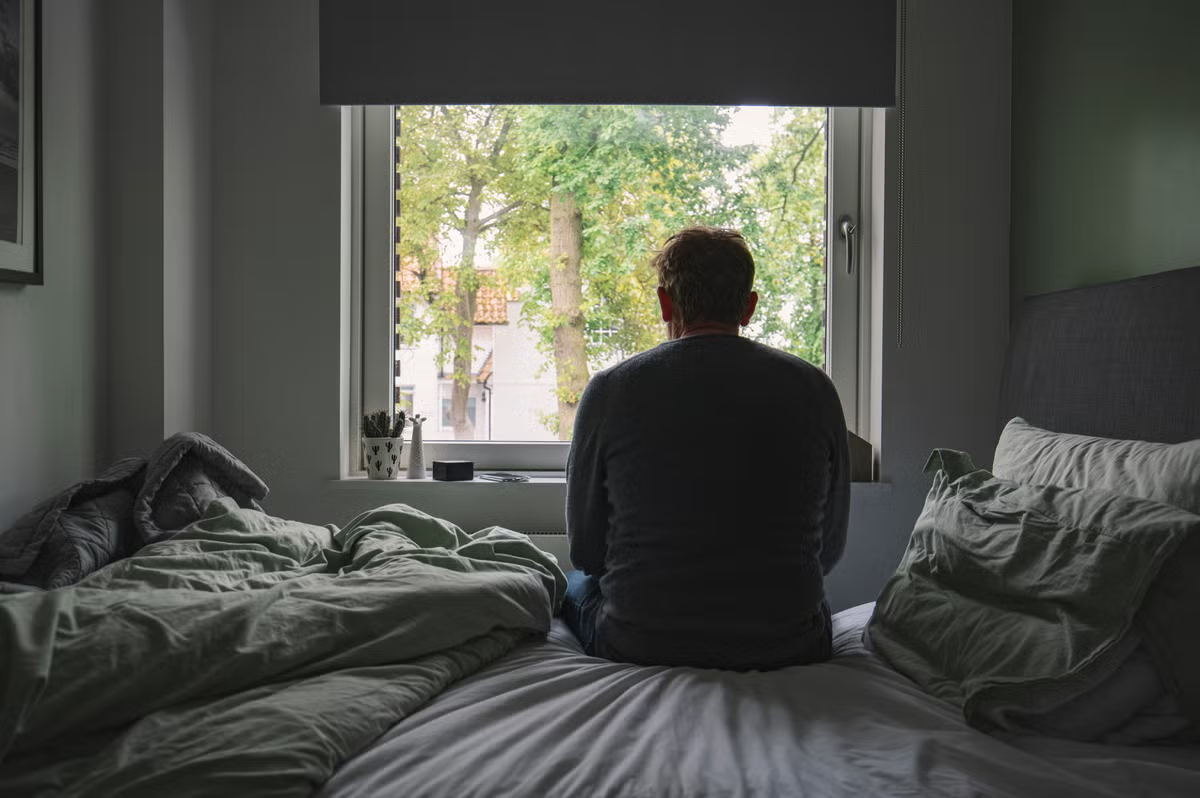Moving your body to alleviate mental malaise is a well-established treatment in tackling poor mental health. But while numerous studies have found raising a sweat to be broadly effective at helping bust the blues, just how impactful is a single workout in boosting mood?
Researchers at Iowa State University sought to answer that question, drilling down on the direct effects of acute exercise on mood state. Their rather astonishing finding? A 30-minute workout may reduce depressive symptoms for up to 75 minutes afterwards, potentially amplifying the benefits of therapy.
“A lot of previous research on the effects of exercise on mental health, in general, have used very broad measures of wellbeing,” says Jacob Meyer, a professor of kinesiology at ISU. “What we were interested in, specifically, is: how does acute exercise – that is, one session of exercise in a day – influence the primary symptoms of depression.”
In the first of two studies, 30 adults experiencing major depressive episodes filled out surveys immediately before, during and after a 30-minute session of either cycling or sitting, and then 25-, 50- and 75-minutes post-workout. A week later participants returned to the lab and swapped roles, those who cycled during the first visit this time doing 30-minutes of sitting and vice versa.
The surveys measured symptoms of depression and several cognitive tasks, including the Stroop test in which participants responded to the colour of a particular font rather than the word itself (e.g., indicating red when they saw the word ‘blue’ in red ink).
Using the survey data, the researchers then tracked changes in three characteristics of major depressive disorder: depressed mood state (e.g., sad, discouraged, gloomy), anhedonia (i.e., difficulty experiencing pleasure from activities previously enjoyed) and decreased cognitive function (e.g., difficulty thinking, juggling multiple pieces of information at once).
During the cycling experiment, participants’ depressed mood state improved over the 30 minutes of exercise and consistently up to 75 minutes afterward. The improvement to anhedonia, meanwhile, started to drop off at 75 minutes post-exercise, but still was better than in the group that didn’t exercise.
As for cognitive function, interestingly participants who cycled were faster on the Stroop test mid-exercise but slower 25- and 50-minutes post-exercise compared to the resting group.
“The cool thing is these benefits to depressed mood state and anhedonia could last beyond 75 minutes,” says Meyer. “The results suggest a window of time post-exercise when it may be easier or more effective for someone with depression to do something psychologically or cognitively demanding.”
This could include therapy, with the post-workout high potentially representing an opportunity to capitalise on the benefits of counselling. To test the idea, the researchers conducted a second pilot study, in which half of the participants did 30 minutes of exercise before engaging in an hour of virtual, cognitive behaviour therapy each week.
At the end of eight-weeks, participants in both groups showed improvements, but those who exercised before talking with a therapist had more pronounced reductions in symptoms of depression. Why might that be? Because it may boost the connection a patient feels with their therapist, Meyer says.
In the pilot study, participants who exercised before the CBT session reported a quicker and stronger connection with their therapists. The researchers said the findings suggest exercise may prime the brain to engage with the emotionally challenging work involved in therapy.
Even if you aren’t struggling mentally, a post-workout mental boost could help with other psychologically demanding tasks, such as giving a presentation or sitting a test, Meyer says. Consider it part of your prep.















